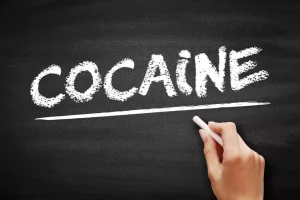
This skin condition varies in severity and can be affected by many different factors. People who suffer from rosacea may display symptoms such as red cheeks or red patchy along the face and neck. This is because of problems occurring underneath the skin within the blood vessels. In some cases, chronic alcohol abuse can cause a purple or reddish hue to the nose due to the dilation of blood vessels and skin discoloration. This discoloration is often a sign of underlying health issues and should prompt individuals to seek medical attention and consider treatment for alcohol addiction.
Levels of Care
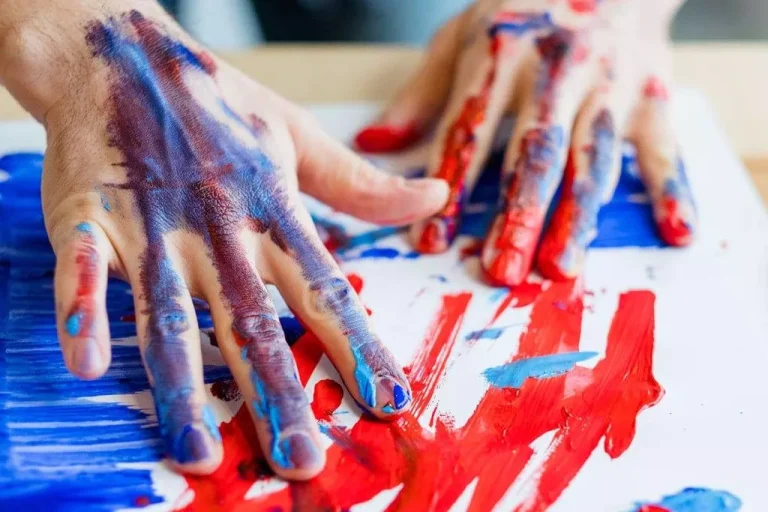
If you or someone you know may be struggling with alcohol addiction, the first step alcoholics nose is asking for help. Alcohol can cause your blood vessels to dilate which may make you experience flushing or a rash on your face similar to rosacea. Certain foods, such as spicy dishes, can exacerbate alcohol nose symptoms. Avoiding or minimizing these trigger foods when consuming alcohol may help reduce the intensity of the reaction. Alcohol can have a range of effects on the skin, both short-term and long-term.
- Sometimes, this can include relying on ablative lasers or electrical currents (a treatment known as diathermy) to help remove excess tissue.
- In past years it was commonly believed that alcoholism is the root cause of this health issue.
- At the end of the day, it is just a skin disorder and should not be used to make assumptions about someone’s drinking habits.
- Popularly known as “alcoholic nose,” the condition is when someone develops a red, enlarged, bulbous-looking nose.
- Preventing alcoholism requires education about the risks of alcohol use, strong parental involvement, and positive role modeling.
Understanding Alcoholic Nose
- Since rhinophyma is a form of rosacea, the treatment for rhinophyma is similar.
- To find another treatment program, browse the top-rated addiction treatment facilities in each state by visiting our homepage, or by viewing the SAMHSA Treatment Services Locator.
- Topical retinoids might also be recommended for anyone who catches the condition in its early stages.
- Despite its name having drinkers’ nose does not mean you are an alcoholic.
- Rhinophyma typically afflicts white males between the age of 40 and 60 years, and is more common in men with English or Irish descent.
- It’s been a long-held belief that alcohol abuse causes this skin disease, but recent findings have revealed that this is actually a skin condition called rhinophyma.
- We can provide information on rehab and detox programs that fit your needs.
Effective treatment for alcoholic red nose, rosacea, or rhinophyma often involves a multifaceted approach. Dermatologists recommend avoiding alcohol and spicy foods, which can exacerbate symptoms. Redness from rosacea can be managed; a dermatologist may prescribe topical antibiotics, retinoids, or azelaic acid. These topical creams containing antibiotics or anti-inflammatory agents can help reduce redness and inflammation. Laser therapy can target blood vessels and minimize visible redness.
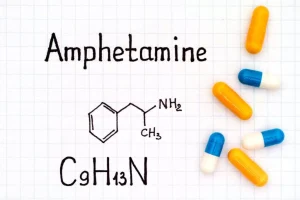
Actual Causes of Alcohol Red Nose
As the alcohol red nose condition is assumed to be an effect of drinking excessively, it comes with a lot of negative stigmas. This drug addiction is why someone with an alcoholic nose is usually shunned for it in society. The fear of judgment makes it difficult for people suffering from the condition to step forward and seek proper help and treatment.
Case Manager
Throughout society and past research, people have concluded that excessive drinking or alcohol abuse causes this health issue. However, throughout recent years this has been disproven by numerous studies and research. Rosacea is a skin condition that is common among many people throughout the world, not just drinkers.
Need professional help with addiction?
However, despite its name, there is no evidence that alcohol abuse is a cause of alcoholic nose. Unfortunately, this myth has created an unfair stigma and misconceptions about people suffering from rhinophyma. When some individuals consume alcohol, especially in larger quantities, their body’s reaction can lead to the dilation of blood vessels in the skin. This dilation results in increased blood flow to the surface of the skin, particularly in the face.
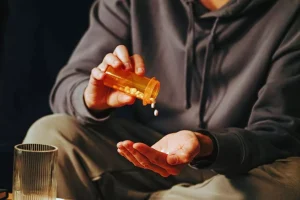
- Sunshine Behavioral Health strives to help people who are facing substance abuse, addiction, mental health disorders, or a combination of these conditions.
- Sometimes, the enlargement can return after treatment, but surgical treatments can be repeated as needed.
- This is simply a way in which a close friend or loved one may be able to notice a physical change in a person’s skin condition that could indicate alcohol abuse.
- Pylori bacteria, if present, are two of the treatment choices for alcohol-induced ulcers.
- Additionally, people with an alcoholic nose should avoid triggers like spicy foods, extreme temperatures, and stress.
Since people react to alcohol in different ways, the condition of alcohol nose can also differ from one person to the next. This means that stopping alcohol use may eliminate alcohol nose completely, for some, it may only lessen symptoms. There are some topical treatments that can soothe irritated skin, such as aloe vera, chamomile, or green tea extract. You may also use color-correcting makeup to hide redness or affected areas of your skin. These remedies may mask or temporarily treat alcohol nose symptoms but it’s important to note that they do not eliminate the reaction.
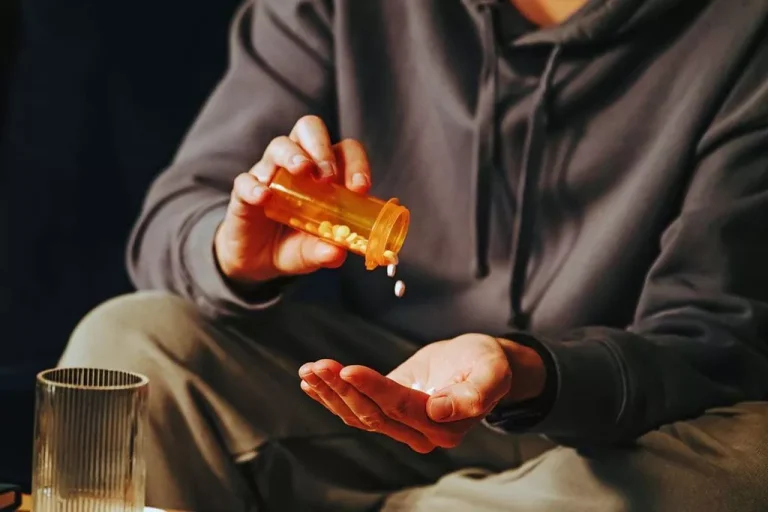
Topical and oral medications are often the first line of treatment for rosacea and rhinophyma. These medications can help reduce inflammation, redness, and swelling. Early intervention with medications can prevent the condition from worsening and reduce the need for more invasive treatments later on. It is impossible to completely reverse an alcohol nose at such a stage with just medication. Sunshine Behavioral Health strives to help people who are facing substance abuse, addiction, mental health disorders, or a combination of these conditions. It does this by providing compassionate care and evidence-based content that addresses health, treatment, and recovery.